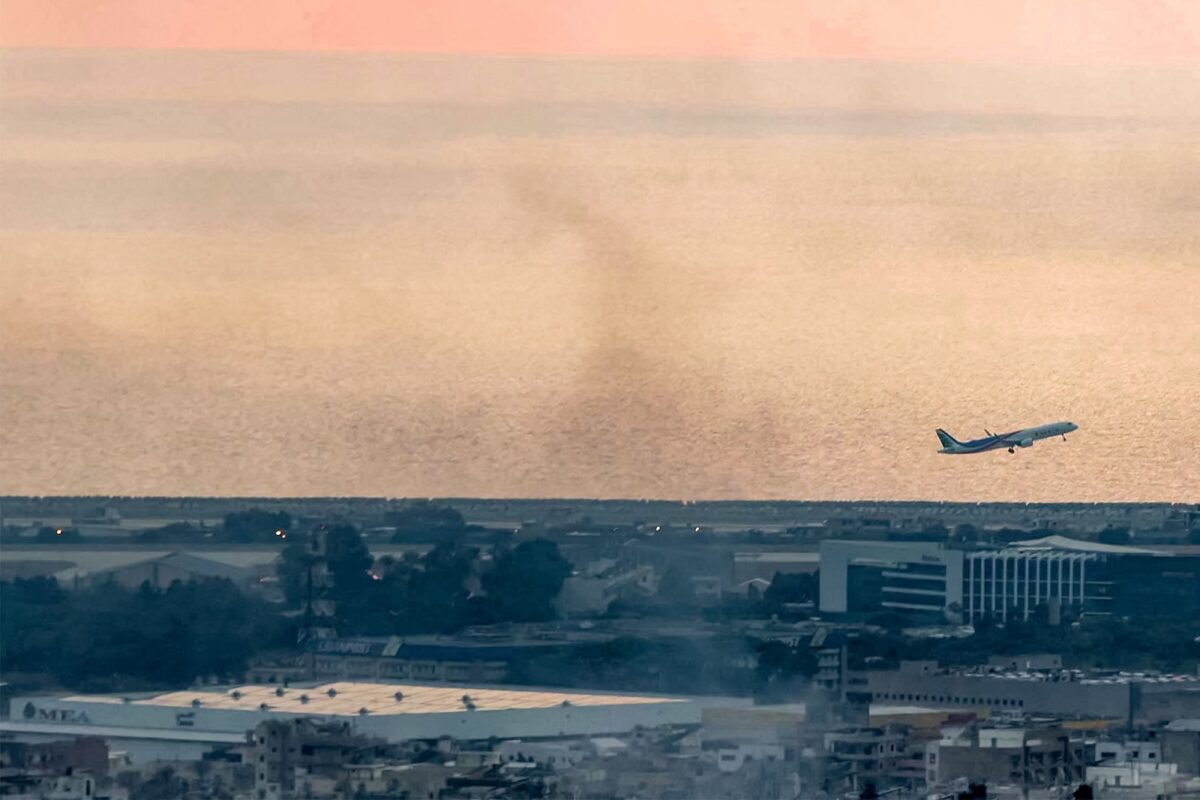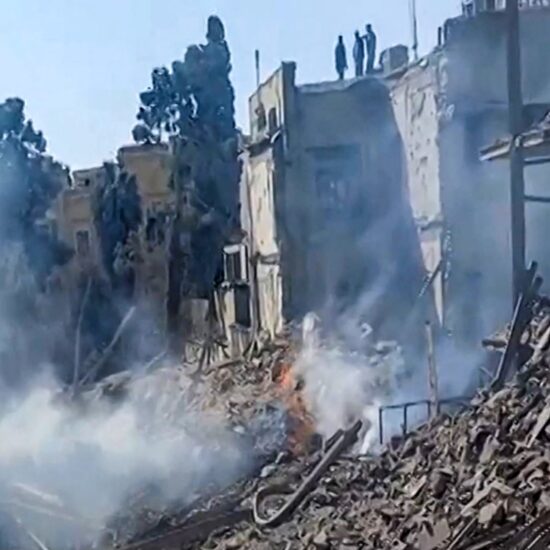
As war intensifies in Lebanon, its citizens are stuck at the crossroad decision: to leave or to stay
It’s October 2024. A few months ago, Lebanese headlines were consumed by a pressing question: “Is there war or no war?”. Today, that question has shifted to a more personal and urgent dilemma: “Do we leave the country or stay?”.
On September 23, mass airstrikes began mainly targeting Beirut’s southern suburbs. Just days and weeks prior, analysts were largely optimistic, asserting that neither Israel – backed by the US – nor Hezbollah – supported by Iran – could afford to ignite a full-scale war. Yet tensions escalated rapidly, culminating in the assassination of Hezbollah’s leader, Hassan Nasrallah, an event many believed was unfathomable.
As a mother of two children under ten, uncertainty is crushing. My kids have been out of school for two weeks now. Sitting in my room, glued to the news as I read alarming headlines like “Iran launches missiles at Israel,” I am left grappling with the decision of whether to leave our motherland or stay and face the unknown.
The war has spiralled to a level few thought possible, slipping us into deep fear and instability. Even before the recent escalation on October 7, 2023, Lebanon was already navigating multiple crises. Our people are trapped in poverty, struggling with limited access to basic rights, and facing rampant unemployment – all without adequate social protection.
Once the dust settles, Lebanon must focus on recovering from its deep economic crises. Rebuilding trust with citizens and the international community, particularly with the International Monetary Fund, will be crucial, as we desperately need financial support to stabilize our nation.
The thought of a prolonged conflict is unbearable. What might Lebanon become if this war drags on? The long-term implications for our children are devastating. Missing out on school, swimming lessons, music classes, and even essential medical appointments becomes a grim reality as hospital emergency rooms fill to capacity, many struggling to function.
Our children risk falling behind not just academically but also in terms of physical and mental health, with their dreams and futures hanging in the balance.
Like many families, I feel adrift. Lebanon is my homeland, yet I yearn for normalcy for my children. Emigrating feels like a betrayal, and the psychological toll of distance weighs heavily on expatriates, especially during crises.
Lebanese MEA is the only airline still operating flights to and from Lebanon today. All other airlines have suspended their services, leaving us with diminishing options. Thus, the question dominates: do we leave the country or stay?
Patriotism, at its core, means loving and supporting one’s country. Right now, it’s hard to see how we can love Lebanon when the government has blocked our financial savings in banks and caused the devaluation of our currency – the result of corruption and years of mismanagement. The same government allowed deadly explosives to claim the lives of over 200 innocents near Beirut Port in 2020 and continues to extract weighty taxes from our salaries without delivering any tangible benefits. Those funds seem to line the pockets of political élites, who send their children off to prestigious universities abroad.
In moments of discomfort, I turn off the TV, hoping to protect my family from the constant threat of airstrikes. I fear losing my home, and I feel paralyzed and unable to make any decisions. I love my children fiercely, and I love Lebanon, but as I close my eyes, I desperately wish it were all just a nightmare. I make no decisions.
Lebanon was in crisis before the war with Israel started. The country stands at a crossroads. We need clarity, support, and a vision for peace – before it’s too late.
Marya Wazen *
A Lebanese Mother







